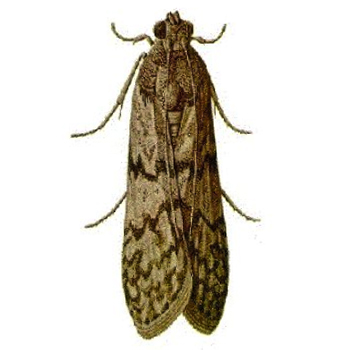Professional Grain Pest Removal

Grain pests are a collection of several different individual pests known to cause extensive damage to grain supplies in storage or shipment. Farmers, restaurant owners, shippers, and individuals in New Jersey, Pennsylvania, Maryland, and Delaware need to be very cautious when dealing with stored grain pest as the financial damage they can do to an entire shipment or stockpile is high. To protect your home or business from grain pests, you need to learn about the behavior of this pest, take steps for prevention, and find effective treatment options should an infestation occur.
What Are Grain Pests?
Grain pests are a collection of pests that can cause significant damage to stored or shipped grain. While the USDA’s full list of included pests is long, The pest control experts at Viking Pest explain, most damage is done to stockpiles in New Jersey, Pennsylvania, Maryland, and Delaware by six pests:
- Grain Weevil
- Rice Weevil
- Maize Weevil
- Grain Borer
- Grain Moth
- Rust Red Flour Beetle
These primary pests can cause extensive damage that invites other secondary pests to ruin stockpiles and crops further. Unfortunately, not all of these pests operate outside of the kernels or grains, which can make them difficult to detect and properly treat without the help from the pest control professionals at Viking Pest.
How Do I Identify Grain Pests?
One of the most important steps in the treatment and prevention of stored grain pests is the identification process. Each of the aforementioned pests looks different and can require a trained eye to diagnose properly. If you see movement or find remains of bugs within your crop and grain supplies, we highly recommend contacting the professional pest control experts at Viking Pest for proper identification. If the storage and shipment of grains and crops is a significant part of your livelihood or business, you may want to look into preemptive and preventative measures as well.
How Do I Get Grain Pests?
Grain pests can find their way into your storage or shipping containers in New Jersey, Pennsylvania, Maryland, or Delaware in a whole host of different ways. Exterminators explain, ineffective sanitation, long periods of storage, or a lack of proper inspection can increase your chances of an infestation. But even if you do your part, you still run the risk of a grain infestation from outside shipments, uncontrollable conditions, or other factors beyond your control.
What Are the Effects of Grain Pests In and Around My Home or Business?
Unchecked grain pests can damage your entire storage supply or shipment of crops or grains. The biggest effect of this will be monetary, though, issues can arise if tainted grains are passed on to consumers.
How Do I Prevent Grain Pests?
Prevention of grain pests almost always requires the assistance of a trained pest control expert. As you’re dealing with a product intended for consumption by humans and animals, you’ll need to ensure the correct safeguards are in place during the treatment process. Due diligence on your part (sanitation, inspection, and preventative measures) will help but will have the best results alongside a coordinated and professional approach.















